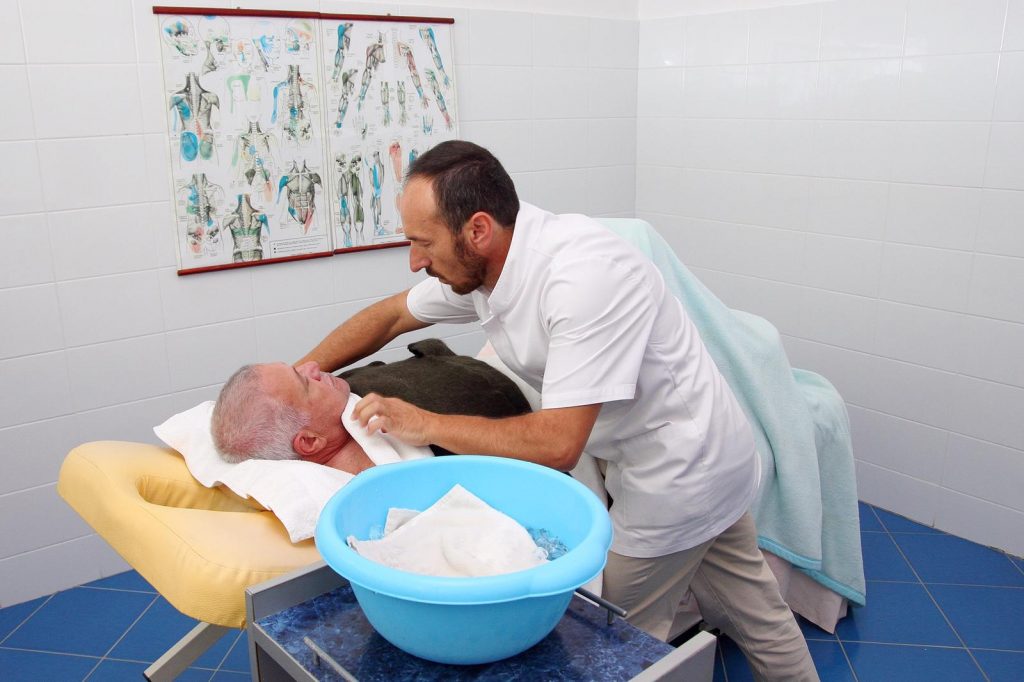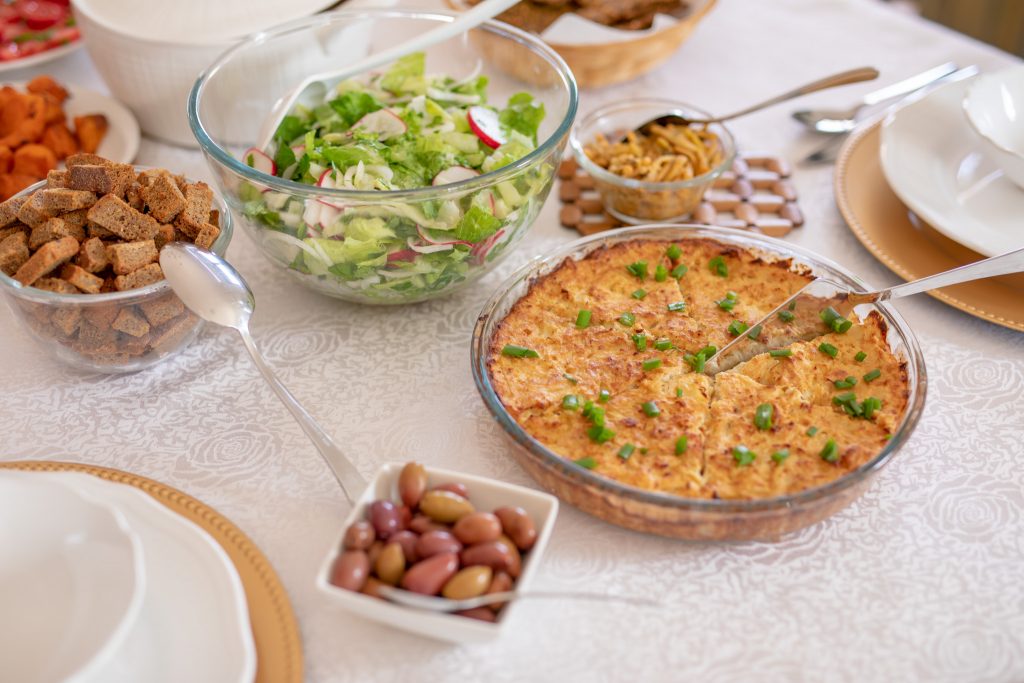Imagine having a life-threatening disease that could take your life suddenly, without any warning.
the problem is, you can be one of the millions who don’t know they have it.High blood pressure, or hypertension, is one of the most widespread health problems of the 21st century. Around the world 600 million people are suffering from high blood pressure. In Israel, it is estimated that a third of adults suffer from hypertension. High blood pressure can attack people of any age, creed, or color. In the U.S. fifty percent of those over the age of 40, and seventy percent of those over 65 have it. Because high blood pressure often has no symptoms half of those who have it don’t even know, and those who do know often neglect treatment because they feel fine. Only one out of eight with the condition has their blood pressure under control. Is having “just a little” high blood pressure really of much significance? Hypertensives are eight times more likely to suffer a stroke, three times more likely to have a heart attack, and five times more likely to develop heart failure than people with normal blood pressure. Persistent high blood pressure can also lead to irreversible damage of the kidneys, pancreas, and retina of the eye. Hypertension is known as the silent killer. Slowly and silently, it can destroy vital organs of the body without a person knowing it. Unfortunately for many, the first sign is often a stroke or sudden heart attack. For some, the first sign may also be their last.
Do you have high blood pressure?
To answer this question, you must first know what blood pressure is. Blood pressure is the pressure of the blood inside the heart and the blood vessels. The higher number is the pressure while the heart is pumping. The lower number is the pressure while the heart is resting between beats. Hypertension is defined as having a consistent blood pressure of 140/90 or above. The ideal level is when the blood pressure is kept below 120/80. Anything above this is associated with increased risk of disease— the higher the numbers, the greater the risk. Some people wonder if low blood pressure is a problem (around 90/50). The answer is no, just as long as the individual is feeling well.

What causes the blood pressure to go up?
Approximately 90%-95% of hypertension cases are related to personal lifestyle habits.Lifestyle factors have been repeatedly shown to increase a person’s risk of getting high blood pressure:
Obesity. Every half kilogram of fat requires an extra 1.6 kilometer of tiny blood vessels. It takes extra pressure to pump blood through them. For this reason, people with 20% or more overweight are five times more likely to have hypertension than are people of normal weight.
High salt intake. Around the world, high blood pressure is uncommon in populations where the salt intake is also very low. But in places where the salt intake is high, such as Japan, the disease is epidemic, affecting approximately one half of the adult population. But the Japanese are not alone; in many cultures salt intake is on the increase. Americans, for example, consume an average of two tea spoon full of salt a day—that’s about 2 times more than the body actually needs!
Smoking just one cigarette can elevate blood pressure for as long as 30 minutes. At this rate, a typical pack-per-day smoker is elevating his blood pressure for most of the day.
Alcohol and caffeine. Scientific studies have demonstrated that even moderate use of alcohol may be the cause of 5% to 15% of all cases of hypertension. Just a 30 or 60 gram per day is all that is necessary to cause significant hypertension. Studies also show that one cup of coffee per day may raise the blood pressure considerably—5 to 6 points.
Plugged arteries. Just as mineral deposits buildup in an old rusty water pipe cause increased water pressure; similarly, narrowed, plugged arteries increase the blood pressure, in order tocarry the blood supply throughout the body.
Physical inactivity is also associated with elevated blood pressure.
Stress. Along with these other lifestyle factors, life’s stresses can raise an individual’s blood pressure. During stress, hormones are produced that increase your blood pressure by causing the heart to beat faster and narrowing the blood vessels.
So, what can we do to treat high blood pressure?
The past few years have produced an avalanche of new drugs for lowering blood pressure. They may produce prompt results—the quick fix that people love. But a closer look at hypertension medications reveals some disturbing facts. The drugs do not cure high blood pressure; they only manage it. In some cases, the medications need to be taken for life, and they may have many unpleasant side effects. Both patients and physicians are increasingly dissatisfied with the drug approach to the treatment of high blood pressure. However, it is important to note that people currently taking blood pressure medications should be careful not to change doses or stop medicines on their own. Are there better alternatives to drug medications? A number of major scientific studies have shown that a comprehensive lifestyle approach to hypertension can give superior results without the potential of distressing side effects. Most cases can be reversed in a matter of days to weeks without drugs, by making simple diet and lifestyle changes.
Here are some of the things proven to be successful in lowering high blood pressure:
Reduce Weight. When the weight goes down the blood pressure levels usually drop to normal.
Reduce Salt intake. A large percentage of people can find relief with just this one simple measure. But getting salt intake down to safer levels requires an understanding of where salt is found. Banning the salt shaker is a step in the right direction, but by itself it is not enough.This accounts for only 25 percent of our sodium intake. The real culprits are the processed and fast foods we eat. These account for 75 percent of our salt intake. Be sure to read the labels when purchasing processed foods. It has been estimated that literally millions of people with mild hypertension could normalize their blood pressure simply by cutting their total salt intake to about 4.2 grams a day (one level teaspoon). Even it is much better to cut it to half of the normal salt intake (2 g or 1/2 tsp) to better control the blood pressure.

Stop Smoking. Healthier blood pressure levels are just one of many benefits associated with not smoking.
Avoid Caffeine and Alcohol. Eliminating alcohol, coffee, and cola drinks from the diet will tend to lower blood pressure and do the body a favor in several other areas as well.
Reduce Intake of High-Fat Foods. A diet very low in fat, yet high in fiber lowers the blood pressure about 10 percent, even without weight loss or salt restriction. Eat an abundance of natural foods like whole grain products, salads, beans, and fresh fruit.
These foods are all naturally:
Low in salt
Low fat,
High in fiber.
Increase Physical Exercise. Physical exercise is known to lower blood pressure and is indispensable in weight control. Thirty to sixty minutes of exercise daily, such as brisk walking or cycling in the open air is ideal.
Reducing Stress is also essential. Simply following all the elements of a healthy lifestyle enhances one’s ability to deal with life’s stressors. A healthy body and mind will give you the upper hand in coping with the stresses you face. For example, research shows that regular physical exercise is one of the simplest and most effective means of stress relief. Exercise helps to dissipate the while tranquilizers are the best solution some have to offer for stress.
You have more opportunities to make your health benefits than you may think!
We show you a way. Migdalia Lifestyle Center offers a natural way to start a reversal of your high blood pressure. By applying a healthy NEWSTART- lifestyle and natural remedies many people have already experienced continuing good blood pressure level and a drastic reduction of their medication!
If you suffer from stress and the constant overload of everyday life, you, too, will find this NEWSTART-lifestyle session an excellent opportunity of much needed rest and relaxation, time in which you can refocus your life.
What you can expect during your 10-Days program.
Accommodation in a comfortable guest house with a view of the Sea of Galilee.
Delicious health meals everyday
Practical cooking classes
Seminars on various topics
Applying trustworthy natural remedies to reverse high blood pressure such as:
Hydrotherapy (steam bath, hot bath, neutral bath with Epsom salt)
Massages (e.g. classic massage, lymphatic drainage)
Phyto-therapy (herbal preparations, not to be confused with homeopathy)
Back strengthening exercises
Outdoor Exercise in nature: Walking, Nordic Walking
In addition to the high blood pressure, we will take care on your secondary disorders, such as:
Diabetes
Heart problems
Overweight
Gout
Osteoarthritis
Allergies
Elevated blood fat levels
Back pain
Take time for a new start to a healthier and happier life.
For more information call +972 526908037 or +972 546878762

